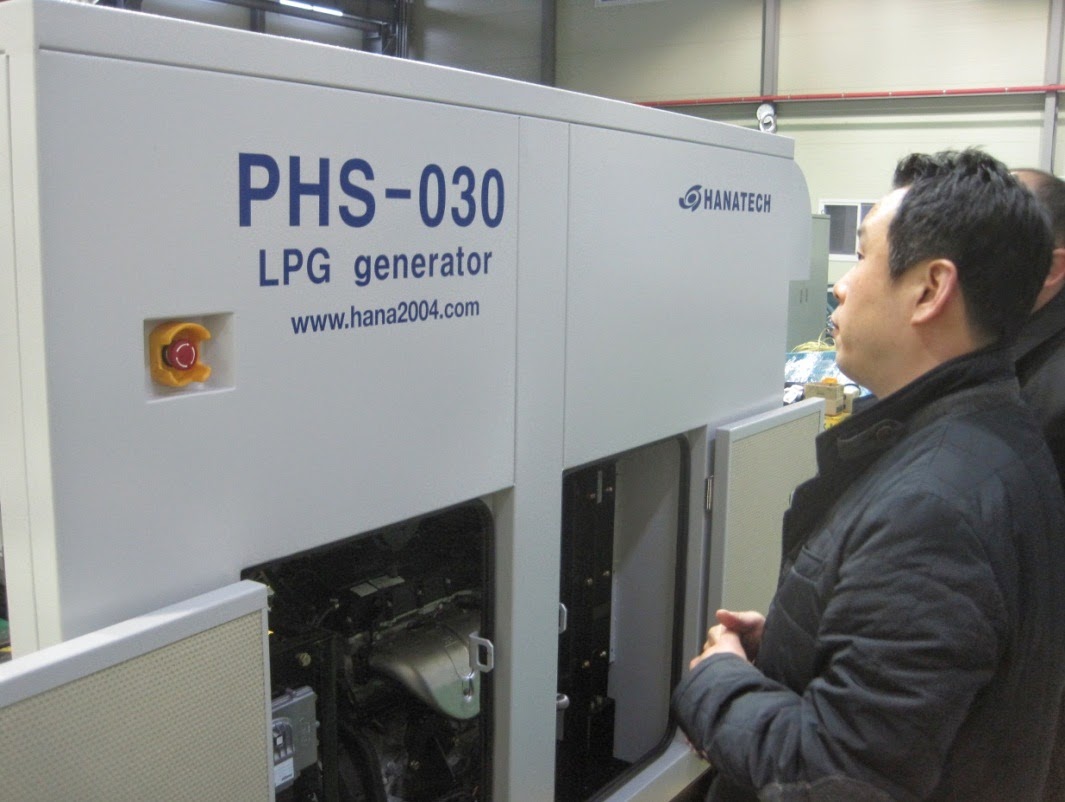The City of Medicine Hat likes to plan ahead.
When the Alberta municipality chose to steer its fleet towards natural gas a few years ago, the main reasons were more predictable municipal budgets, in addition to environmental benefits for a more sustainable community.
The city has ordered a fleet of compressed natural gas (CNG) buses to be delivered over the next several years, in addition to natural gas-powered garbage trucks and a few light duty trucks.
John Komanchuk, the City of Medicine Hat’s CNG Project Manager, says tumultuous diesel prices have made municipal budget planning – a process which is done three years in advance – increasingly challenging.
“The way the price of diesel has swung over the last several years has made budgets difficult,” John says. “We anticipate more stability with CNG.”




